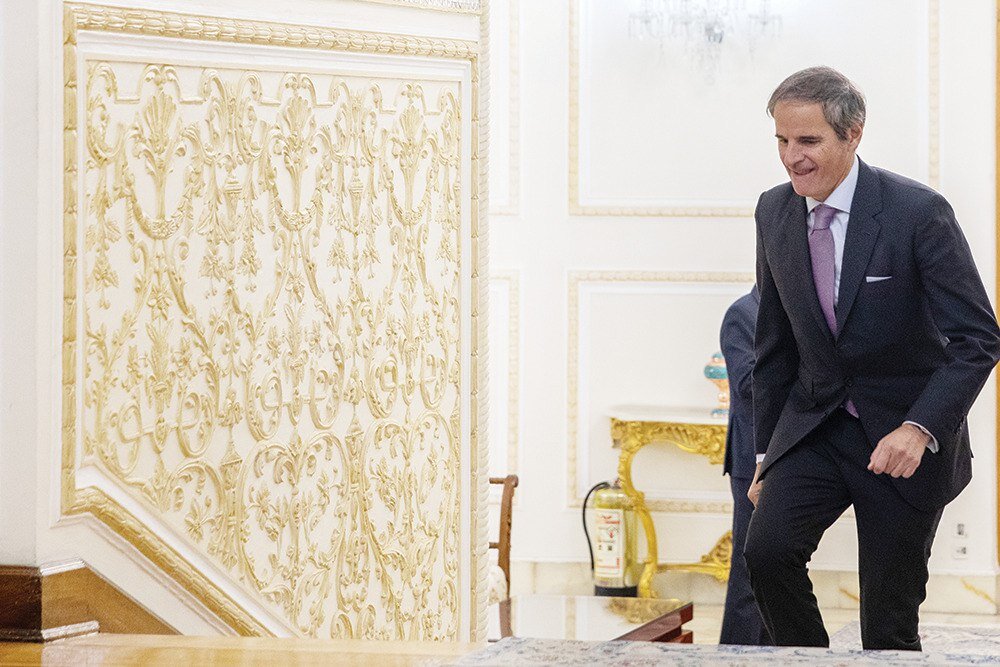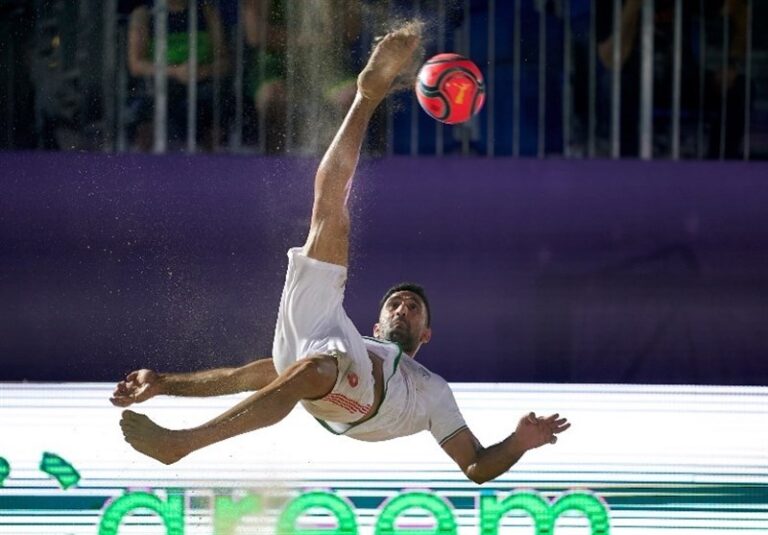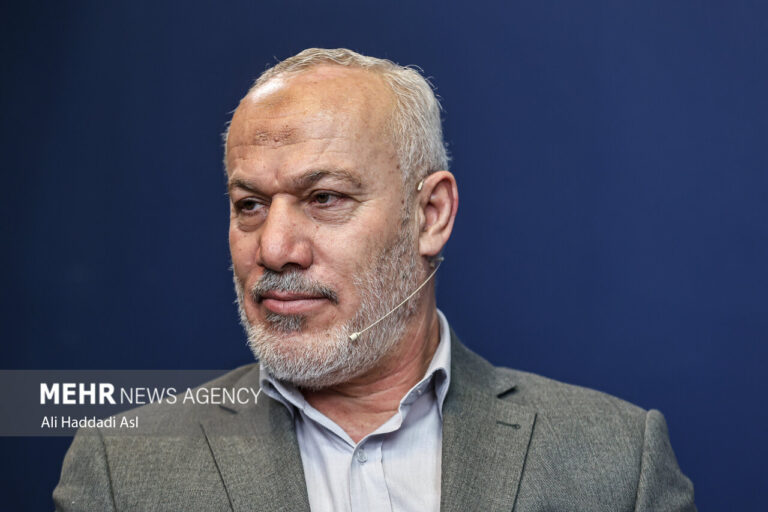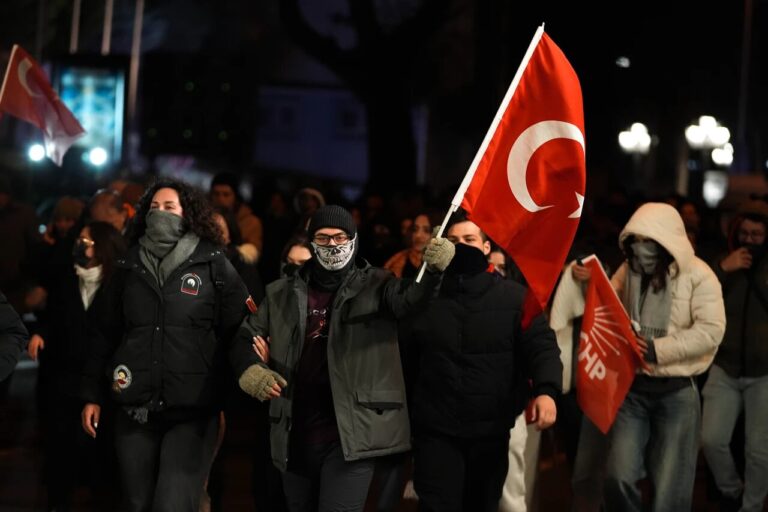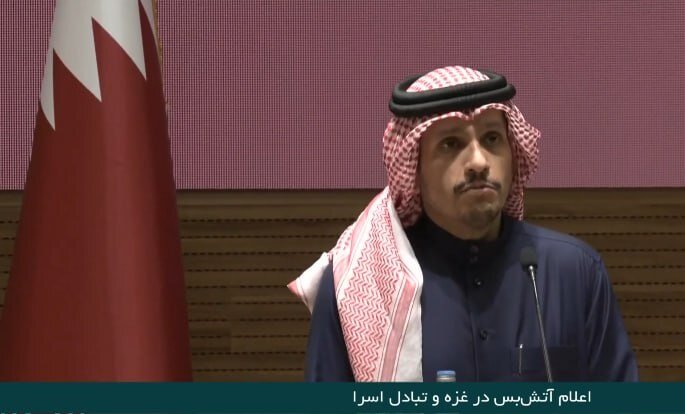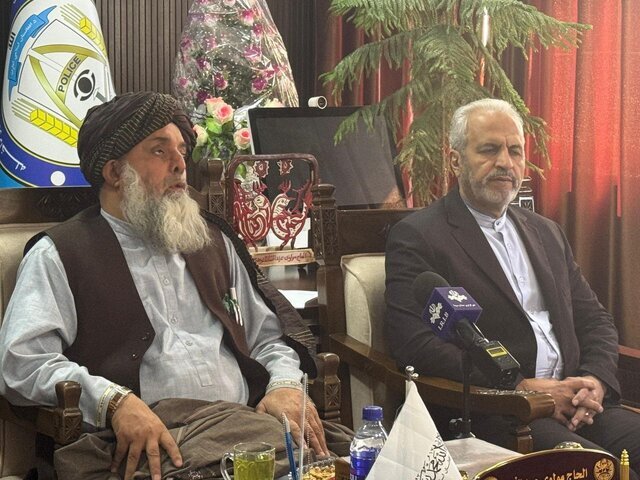IAEA Chief Calls Second Round of Iran-US Nuclear Talks a Positive Step Forward
In recent developments surrounding Iran’s nuclear program, Rafael Grossi has expressed a positive outlook regarding ongoing talks between the United States and Iran. These discussions aim to address the complexities of Tehran’s nuclear ambitions and are critical for international relations and nuclear non-proliferation efforts.
In an exclusive interview with Italy’s La Repubblica, Grossi stated that both parties are “prepared to discuss concrete aspects with each other.” This indicates a potential shift in dialogue that could pave the way for meaningful agreements and resolutions.
The negotiations, facilitated by Oman, are set to continue this coming Saturday. The location of these crucial talks will transition from the Italian capital of Rome to Muscat, Oman, marking the third round of discussions aimed at reconciling differences.
Grossi conveyed satisfaction with the progress made thus far, suggesting that the atmosphere of the talks is conducive to finding common ground. Here are some essential points about the current situation:
- Background of Negotiations: In 2018, former US President Donald Trump made the controversial decision to withdraw from the Joint Comprehensive Plan of Action (JCPOA), leading to the re-imposition of stringent sanctions on Iran.
- Current Dialogue: The discussions currently taking place involve key representatives from both nations, with the aim of addressing the fallout from the US’s withdrawal from the JCPOA.
- Role of Mediators: Oman plays a significant role in mediating these talks, showcasing its unique position as a diplomatic bridge in the region.
- Future Prospects: The continuation of these talks is viewed as crucial for international stability and could lead to a potential revival of the nuclear deal.
Grossi’s optimism is a refreshing perspective amid a long history of tension between the United States and Iran. The JCPOA was initially designed to limit Iran’s nuclear capabilities in exchange for relief from economic sanctions, and its collapse has led to increased tensions and uncertainty in the region.
Experts agree that a successful outcome from the ongoing discussions could significantly impact global security. With both sides now seemingly willing to engage in serious negotiations, there is a glimmer of hope that a diplomatic solution may be reached.
The background of these talks can be traced back to the multilateral agreement that aimed to ensure Iran’s nuclear program remained peaceful. The reintroduction of sanctions by the US has had profound effects on Iran’s economy and its standing in the global community, making these talks even more critical.
As the world watches closely, the following factors will likely influence the outcome of the negotiations:
- Domestic Pressures: Both the US and Iran face internal pressures that could affect their negotiating positions.
- International Reactions: The response from other countries, particularly those involved in the JCPOA, will be pivotal in shaping the negotiations.
- Future of Sanctions: The status of sanctions will remain a central topic in discussions, as Iran seeks relief while the US demands compliance with nuclear restrictions.
In conclusion, Grossi’s comments reflect a cautious optimism that could signify a new chapter in US-Iran relations. As both nations prepare for the next round of talks in Oman, the potential for progress remains alive, offering hope for a resolution that could stabilize the region and restore trust in diplomatic efforts.
As the negotiations unfold, updates will continue to emerge, highlighting the dynamic nature of international diplomacy and the ongoing quest for nuclear non-proliferation. The coming weeks will be critical in determining the future of the US-Iran relationship and the broader implications for global security.
Stay tuned for more updates on this developing story as we monitor the outcomes of these pivotal discussions.
